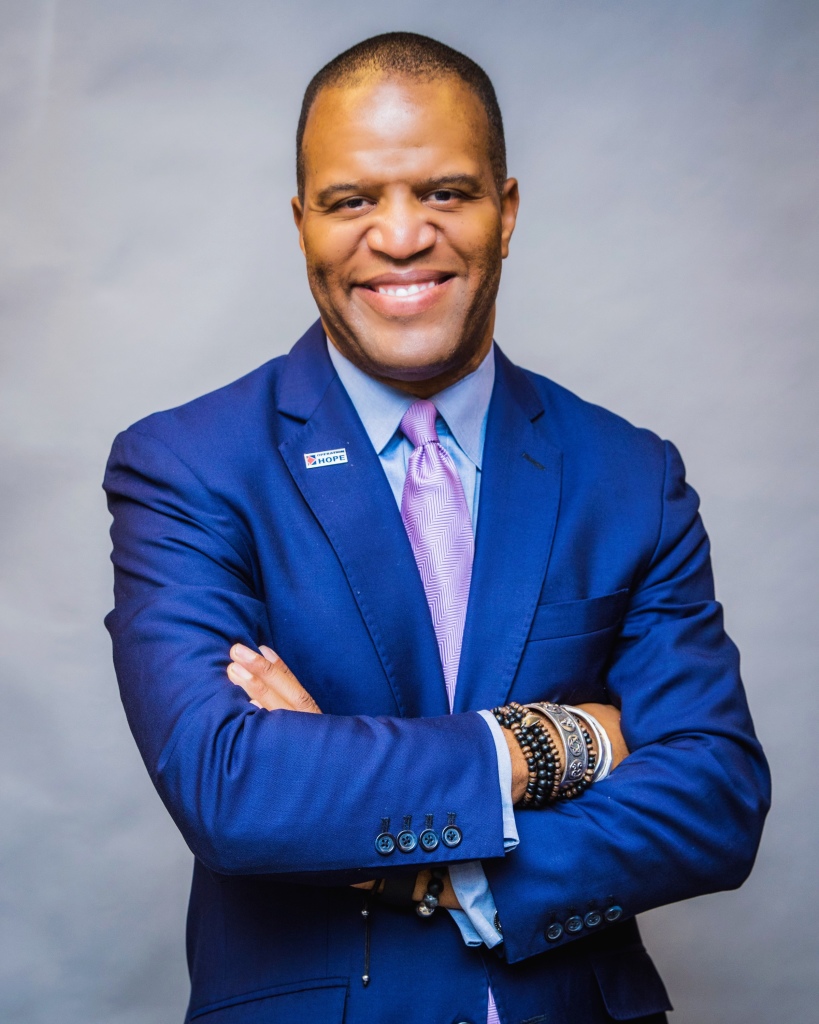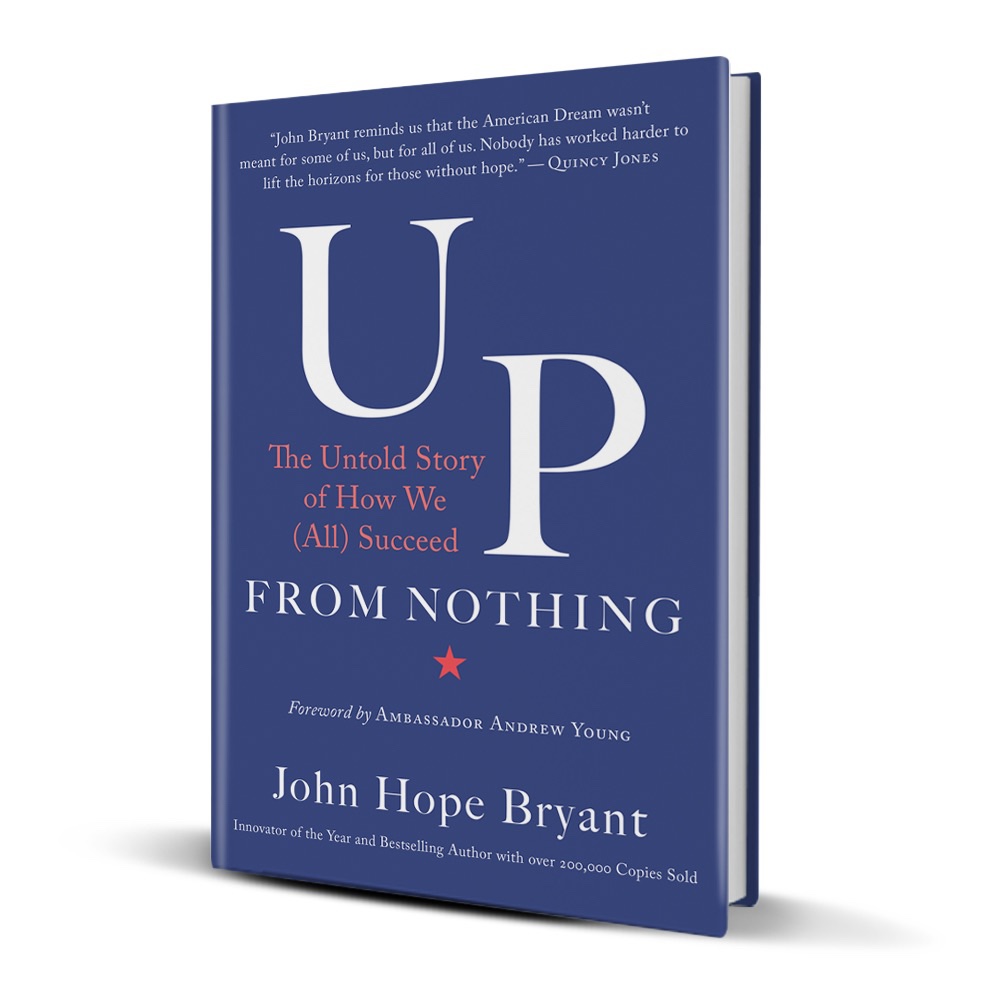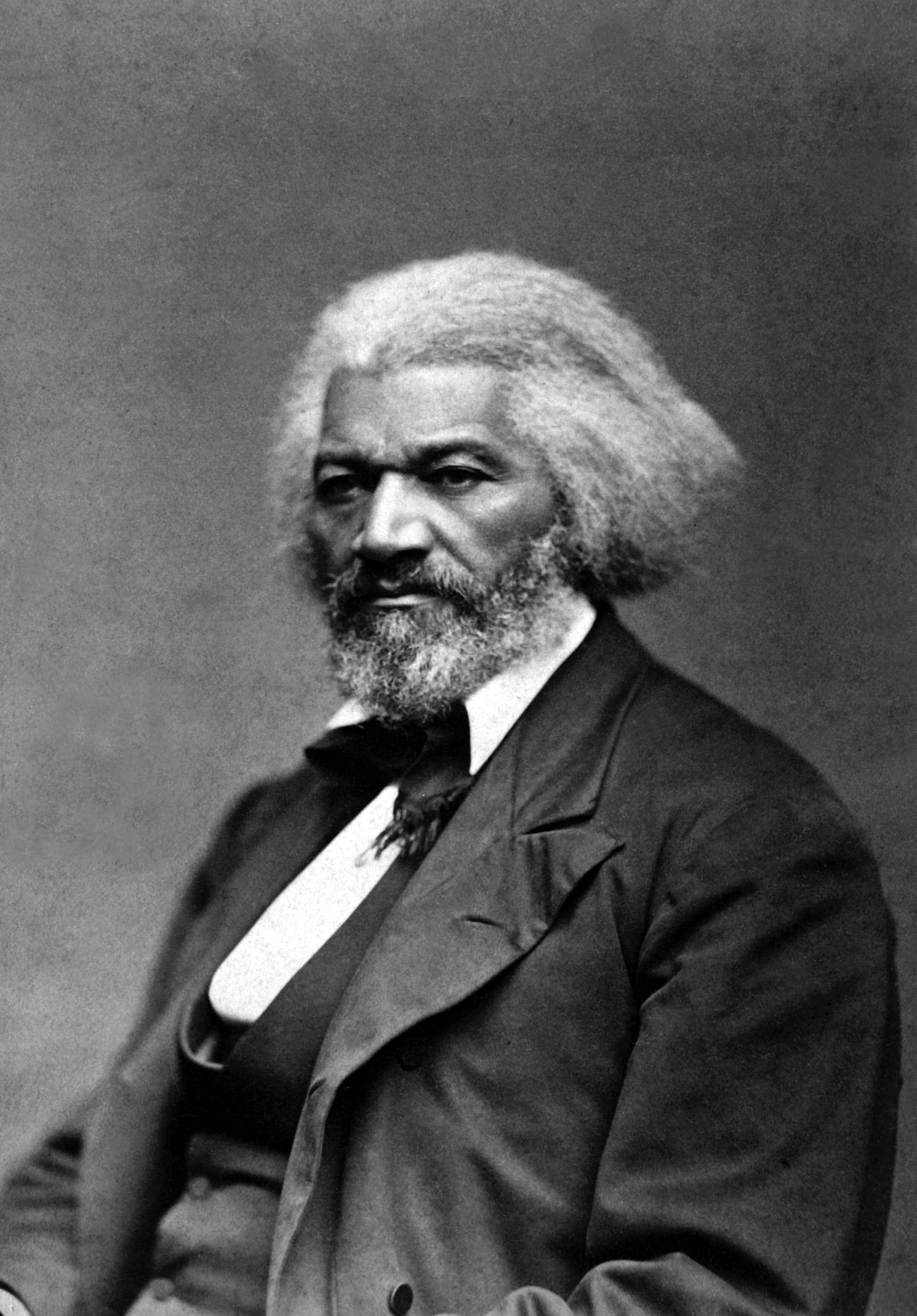
How We Got here.
The problems and challenges in America that we are experiencing today can be summarized both in the context of 1) a slight or disrespect to one’s mother in law, and 2) the most basic of math problems. Both of which, unlike race issues, ignorance and bias, are actually solvable.
Slight of the Mother-In-Law Syndrome.
Something happened years ago, and no one ever made it right. You see each other at holidays and family gatherings, and you smile at each other, but you really never say anything meaningful to each other. You never address the issue, ever. Worse, you never make it right. No one heals. And then time goes on, and the wound just grows scabs of subtle resentment underneath the physical and emotional surface. And one day, the mother in law explodes on you, at the very emotional time you thought needed her support the most. And this has also been the fractured relationship between the African-American community, and America.
As I detail in my new book Up From Nothing: The Untold Story of How We All Succeed (Berrett Koehler Publishing, October 2020), leaving the racism and obvious indignity of slavery aside for the moment (so that there is the slightest possibility that we might all actually get to answer that solves), most reasonable people can understand this as a mother in law problem. But not one that is 4 months or 4 years old, but rather 400 years old. And more so, it is a math problem.

The core of the problem.
The very crux of the American experience is one of self determination. Benefiting from the sweat of one’s own brow. This is at the very essence of American aspiration. The problem is, for more than 250 years, hard working African Americans would work their hands to the bones, for 12-16 hours a day in the fields of southern plantation owners, but the problem here is, the more work my black brothers and sisters did in the fields ‘by the sweat of their brow,’ the bigger the plantation owner’s house got. Black workers put in even more hours, and a horse and buggy set — a Mercedes today — showed up in the driveway. This is what a Wall Street analyst would call a ‘reverse transfer of wealth.’ Imagine 400 years of this. And when President Abraham Lincoln tried to make some of this right, with the founding of the Freedman’s Bank of March 3rd, 1865, chartered specifically to ’teach freed slaves about money’ (this would be the 1865 version of financial literacy for freedom), to domicile the savings of hard working Union soldiers, and to give them and their families access to credit, Lincoln was assassinated within 30 days of its incorporation.
Frederick Douglass, who the world knows to be an abolisionist and I know to be a successful black businessman, owning what would today be $6.5 million of rental homes in Baltimore, Maryland (where he rented them out to working class blacks at an affordable rate). thought the bank was so important that he tried to save it himself. Even placing up $10,000 of his own money to try to save the bank. The bank failed, and Black America never got The Memo (my last bestselling book) on money. Never understood how money, wealth, entrepreneurship, small business, ownership and job creation works. Both then and now.

And when Dr. Martin Luther King, Jr. tried to make it right in 1968, with the Poor People’s Campaign, which involved all races of people and including our poor white brothers and sisters, he was likewise assassinated on April 4th, 1968, the same month as Lincoln, 100 years or so later.
And so, we have what appears to be a permanent underclass in America, almost by design. In the past even the government was part of the problem until late in the 20th century, when HUD restricted mortgage making in Black communities.
But a little known fact of the vaulted civil rights movement is that it was the private sector that worked with Dr. King, Rev. Andrew Young and civil rights leaders to take down the Whites Only signs in the south. It was the private sector that got government leaders in Southern small towns and state houses to do the right thing. It was the private sector that were first movers then, and are likewise first movers now, in the backdrop of both the COVID19 global pandemic and the national #MeToo moment for Black justice, healing, financial inclusion and economic empowerment.
Where we go from here.
With social injustice on the one hand, and a lack of true economic integration for Black America on the other hand, far too many in my community has the equivalent of PTSD, and this in turn creates what I call a ’survivor’s mentality’ amongst the very group of people that need right now to be equipped with a thrivers or even, as I described in Up From Nothing, a ‘winners’ mentality instead. And so, it is time for America to show what we’ve got, one more time. It’s time for American business to help lead, once again, one more time. 90% of all jobs come from the private sector, and almost all legitimate wealth creation also.
But this time, and this timing, may be different. Initiatives taken today should include a positive engagement, and possibly even an active partnership with a willing and capable federal government, namely the incoming Biden Administration.
What business can do.
Businesses can start with a strong look at their annual budgets (how and where they hire, contract, how they spend and invest, where, when and with whom). There is a great deal of natural power in the CEOs budget and balance sheet leadership to create real systemic and cultural change.
The next thing that corporate and business leaders can do is to lean in with what I would call a ‘Coalition of the Willing,’ and to advocate to the new federal government, as well as at the State and Local level, for a whole set of initiatives that make us all stronger.
Things like federal financial support for Financial Literacy for All, and federal policy incentivizing both Internships for All and Apprenticeships for All. All of these things are possible, at scale, and we should explore them all.
And Operation HOPE has not waited for others to act. As part of our expanding and deepening agenda to advance what Lincoln, Douglass, Dr. King and Young had in mind, we have partnered with Shopify to launch the 1 Million New Black Business Initiative (1MBB) at our HOPE Global Forum last October 20th, 2020, in Atlanta, backed by a 130M, 10 year commitment from Shopify.
A bold aspirational agenda for America might look like this:
Read the full, final, more detailed and published version of The New Marshall Plan at the Milken Institute here.
John Hope Bryant, Entrepreneur. Founder, Chairman & CEO, Operation HOPE, Inc. America’s largest financial inclusion organization, and America’s financial coach.
Operation HOPE is responsible for the nation’s first ever financial literacy policy in its federal government, in the nation’s history.
Operation HOPE also inspired the federal government name change of the US Treasury Annex Building, into the Freedman’s Bank Building, on the White House Campus in January, 2016, under the leadership of US Treasury Secretary Jack Lee.
